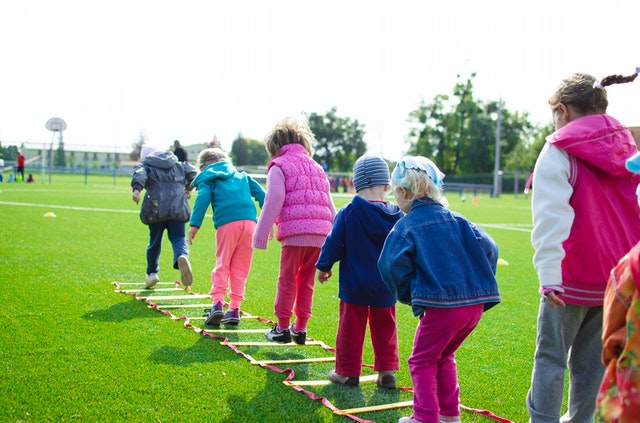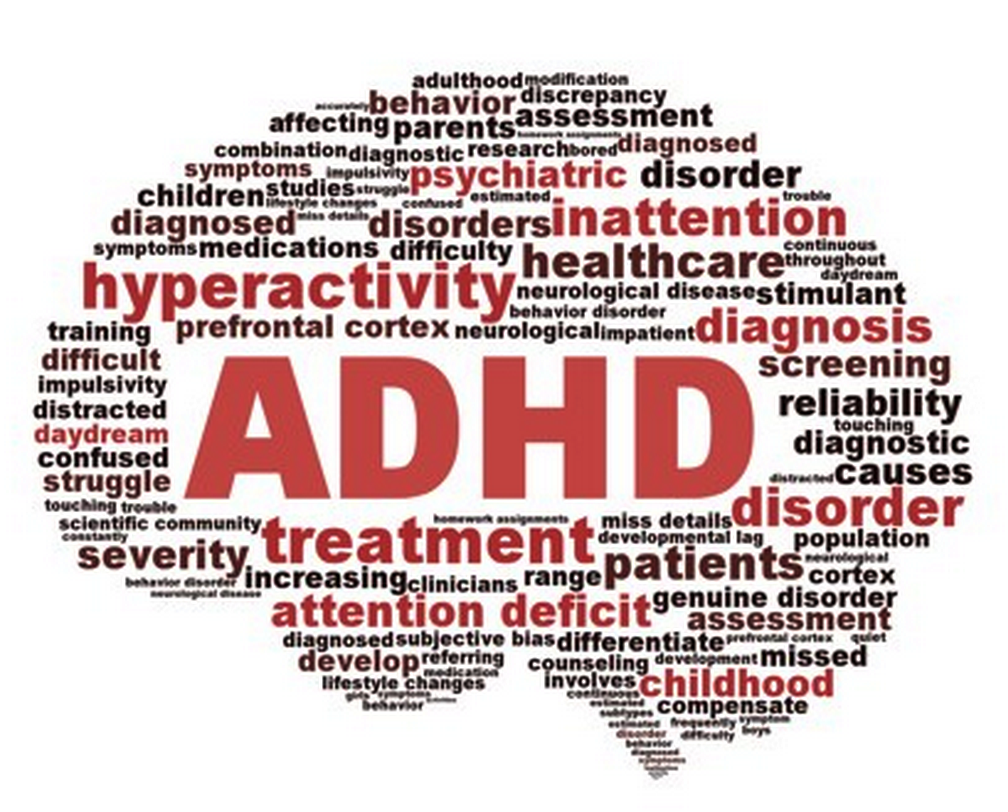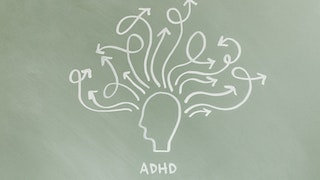ADHD stats in girls who play sports / stay active | Mental Health

 Mental Health | Consistent participation in extracurricular sports during the elementary school years predicted ......
Mental Health | Consistent participation in extracurricular sports during the elementary school years predicted ......
......fewer attention-deficit/hyperactivity disorder (ADHD) symptoms at age 12 in girls......
.....—but not in boys, according to a study in Preventive Medicine.
“We know that sporting activities have other numerous benefits for mental health of all children,” said lead author Linda S. Pagani, PhD, a professor in the school of psycho-education at the University of Montreal in Canada. “However, for reducing ADHD symptoms, middle childhood sports in elementary school seem more noteworthy for girls.”
The study included 758 girls and 733 boys from a prospective-longitudinal birth cohort in Quebec, Canada. Researchers looked at participants’ extracurricular sports or organized physical activity with a coach or instructor between ages 6 and 10 as well as at ADHD symptoms at age 12, as observed by the children’s sixth-grade teachers.
Compared with girls with little or inconsistent extracurricular sports participation during the elementary school years, girls with consistent participation showed improved behavior and attentiveness in early adolescence, the study found. No such association was observed for boys. “In childhood, boys with ADHD are more impulsive and more motor-skilled than girls. As a result, boys are more likely to receive medication for their ADHD, so faster diagnosis and treatment for boys in middle childhood could diminish the detectable benefits of sport,” Dr. Pagani reasoned. “They might be there; they’re just harder to tease out.
“In childhood, boys with ADHD are more impulsive and more motor-skilled than girls. As a result, boys are more likely to receive medication for their ADHD, so faster diagnosis and treatment for boys in middle childhood could diminish the detectable benefits of sport,” Dr. Pagani reasoned. “They might be there; they’re just harder to tease out.
“In girls, on the other hand, ADHD is more likely to go undetected, and girls’ difficulties may be even more tolerated at home and in school. Parents of boys, by contrast, might be more inclined to enroll them in sports and other physical activities to help them.”
Dr. Pagani and coauthors concluded that structured activities that demand physical skill and effort may be a valuable policy strategy to promote behavioral development in girls.
Source:


